1. Steve Jobs: The initial idea was to create a user-friendly computer. Jobs wanted to make technology accessible to everyone, not just tech experts. He solved it by creating Apple and the Macintosh computer.
His key success factor was his relentless focus on design and user experience.
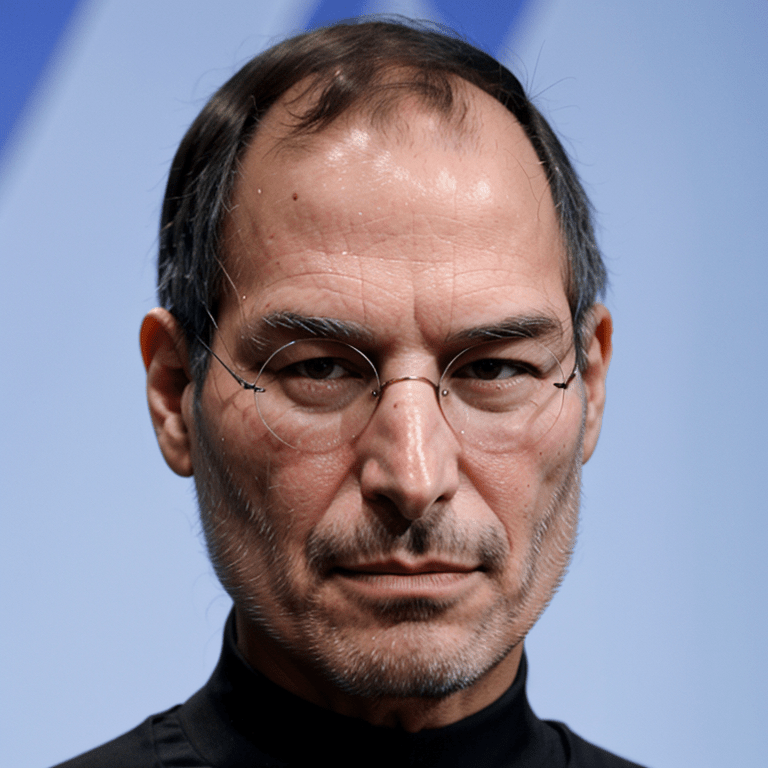
2. Elon Musk: Musk wanted to solve the problem of reliance on fossil fuels and make space travel accessible. He founded Tesla and SpaceX, revolutionizing electric cars and private space travel.
His key success factor is his ability to envision and work towards a future that others can’t see.

3. Jeff Bezos: Bezos wanted to create an online marketplace that could sell everything, starting with books. He founded Amazon and turned it into the world’s largest online retailer.
His key success factor is his customer obsession and long-term thinking.
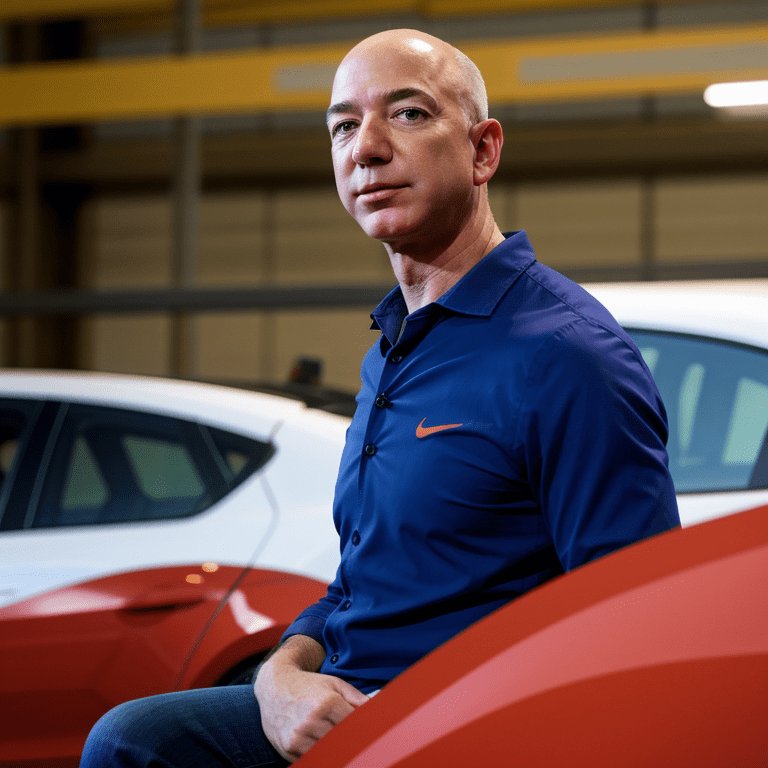
4. Mark Zuckerberg: Zuckerberg wanted to connect people around the world through a social network. He created Facebook, which now has over 2 billion users worldwide.
His key success factor is his ability to adapt and evolve his platform.
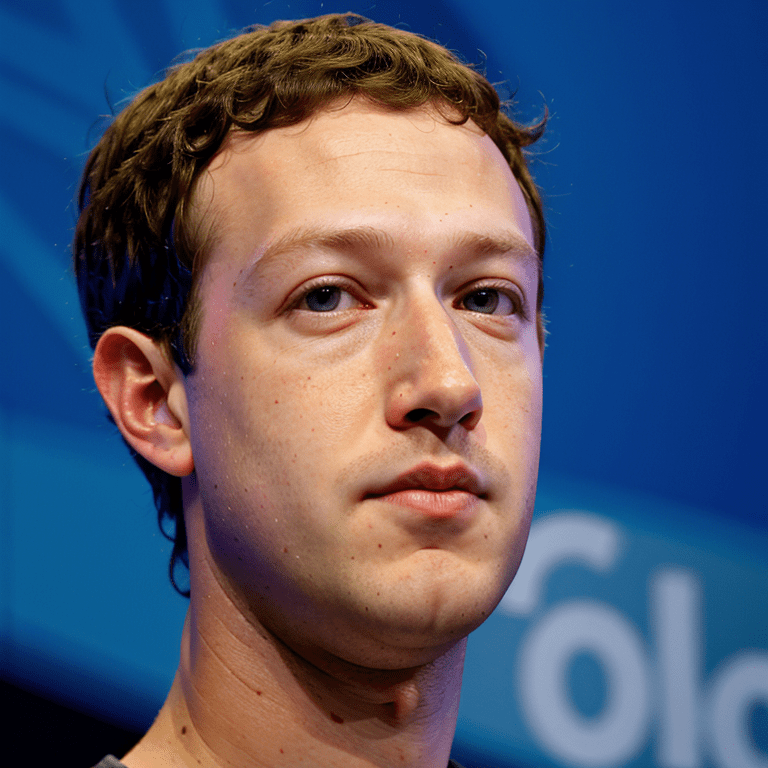
5. Bill Gates: Gates wanted to put a computer in every home and office. He co-founded Microsoft and created Windows, which became the dominant operating system worldwide.
His key success factor was his strategic partnerships with hardware manufacturers.
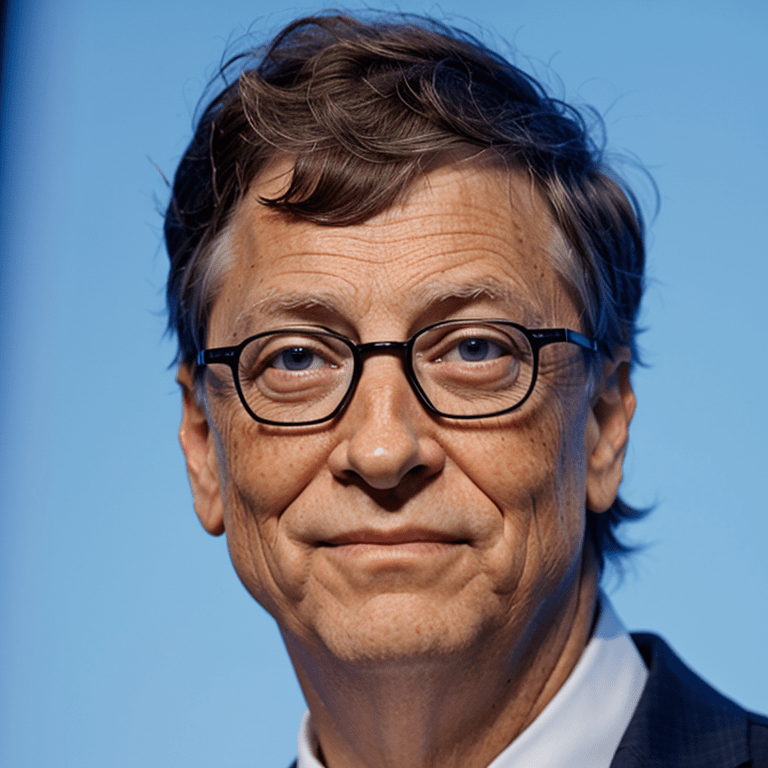
6. Howard Schultz: Schultz wanted to recreate the Italian coffeehouse experience in America. He expanded Starbucks from a single store in Seattle to a global chain of coffeehouses.
His key success factor was his focus on customer experience and consistency.
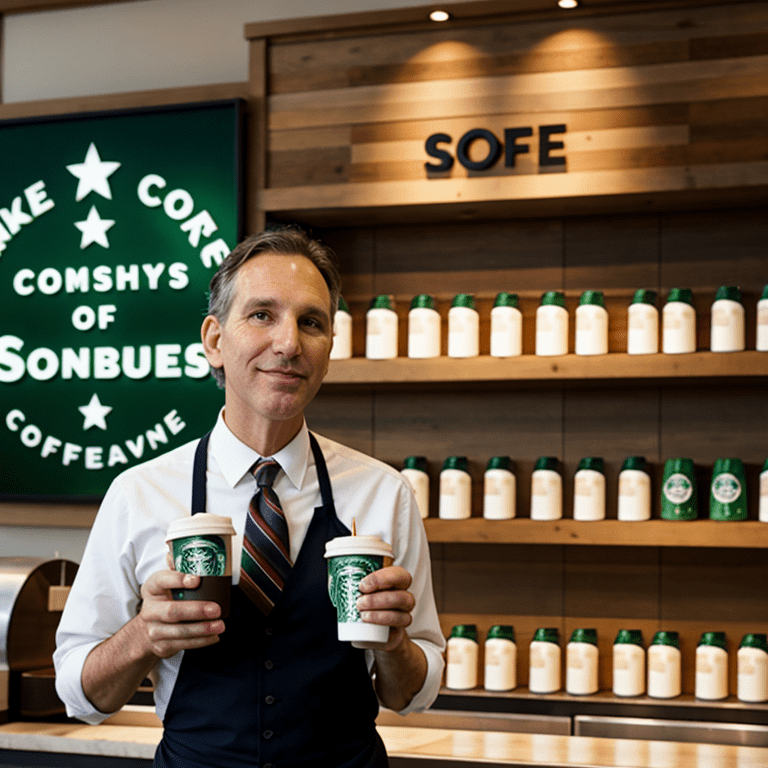
7. Oprah Winfrey: Winfrey wanted to create a talk show that focused on self-improvement, spirituality, and philanthropy. She launched The Oprah Winfrey Show, which became one of the most successful talk shows in history.
Her key success factor was her authenticity and ability to connect with audiences.

8. Richard Branson: Branson wanted to disrupt established industries with better customer service and innovation. He founded the Virgin Group, which has ventures in music, airlines, and space travel.
His key success factor is his brand and his ability to take risks.
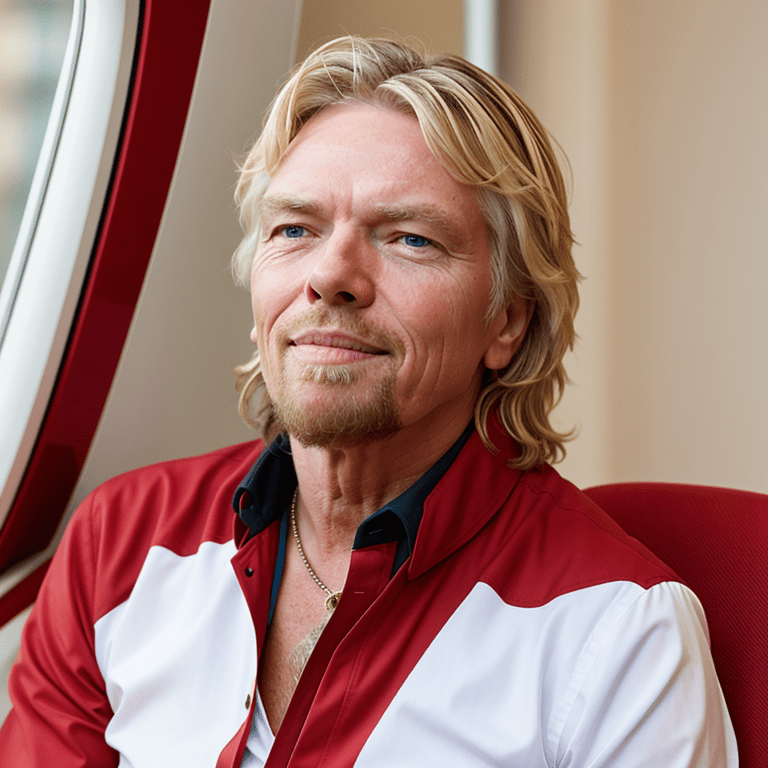
9. Larry Page and Sergey Brin: They wanted to organize the world’s information and make it universally accessible. They created Google, which is now the world’s most popular search engine.
Their key success factor was their innovative algorithms and focus on user experience.
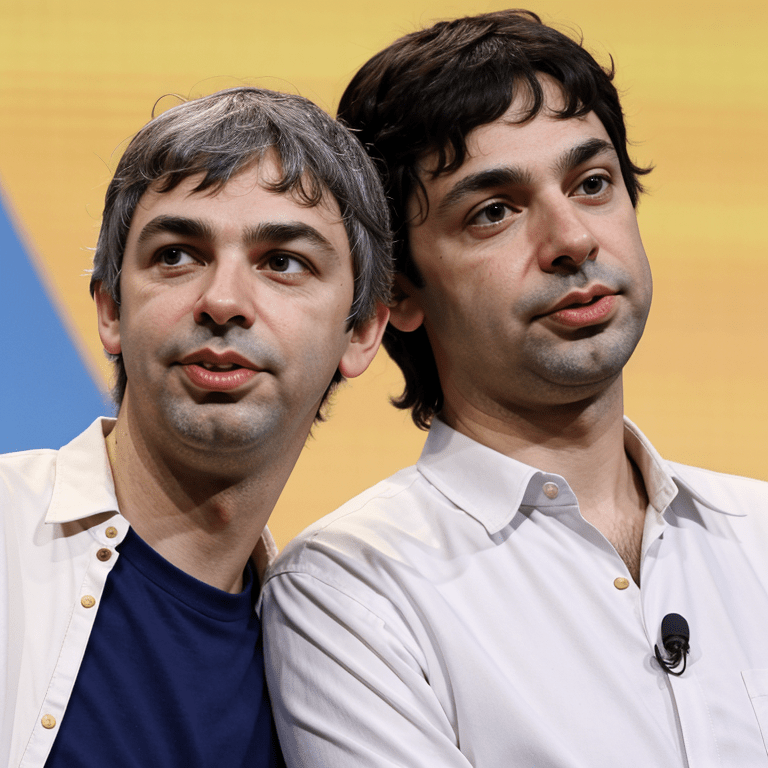
10. Jack Ma: Ma wanted to create an online marketplace for small Chinese businesses. He founded Alibaba, which is now one of the largest e-commerce companies in the world.
His key success factor was his understanding of the Chinese market and his persistence.
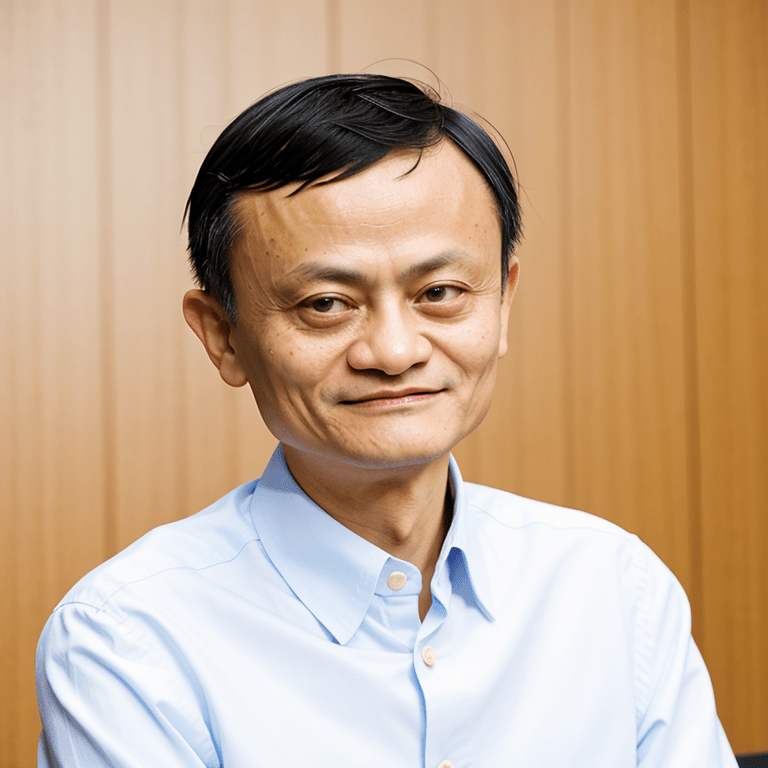
11. Reed Hastings: Hastings wanted to create a better way for people to rent movies. He co-founded Netflix, which transformed into a streaming service and changed how we consume media.
His key success factor was his foresight into consumer behavior and technology trends.
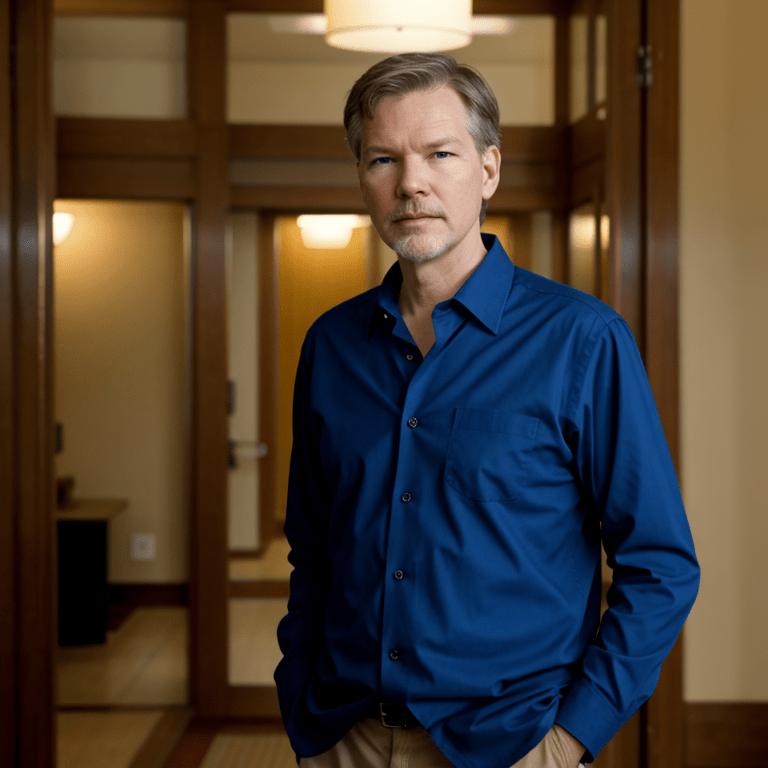
12. Pierre Omidyar: Omidyar wanted to create an online platform for direct consumer-to-consumer sales. He created eBay, which became one of the largest online marketplaces in the world.
His key success factor was his understanding of the power of network effects.

13. Travis Kalanick: Kalanick wanted to make transportation as reliable as running water for everyone everywhere. He co-founded Uber, disrupting the taxi industry worldwide.
His key success factor was his aggressive expansion strategy.
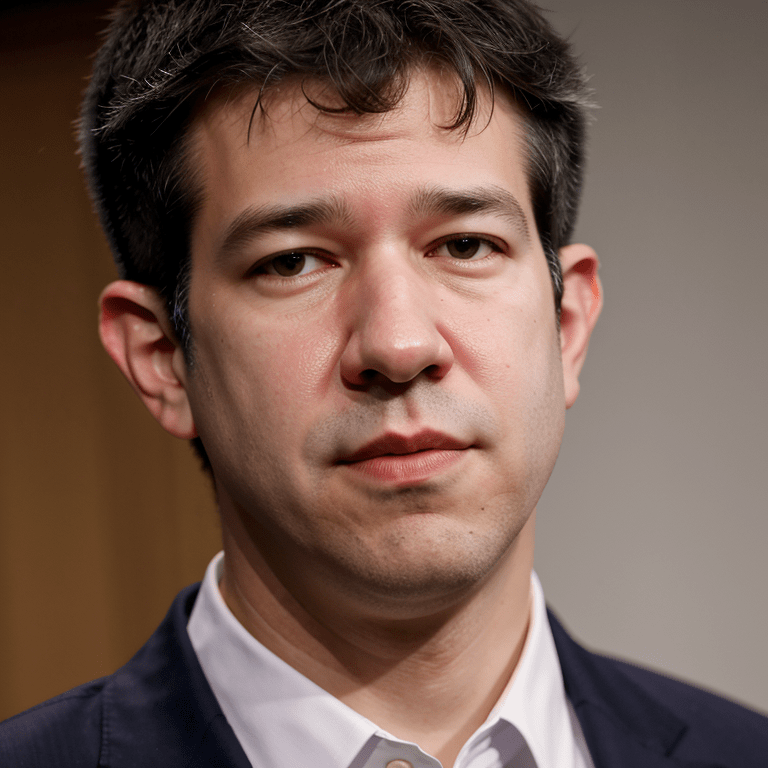
14. Brian Chesky: Chesky wanted to help people rent out their unused space to travelers. He co-founded Airbnb, which has transformed the hospitality industry.
His key success factor was his design thinking approach and focus on community building.
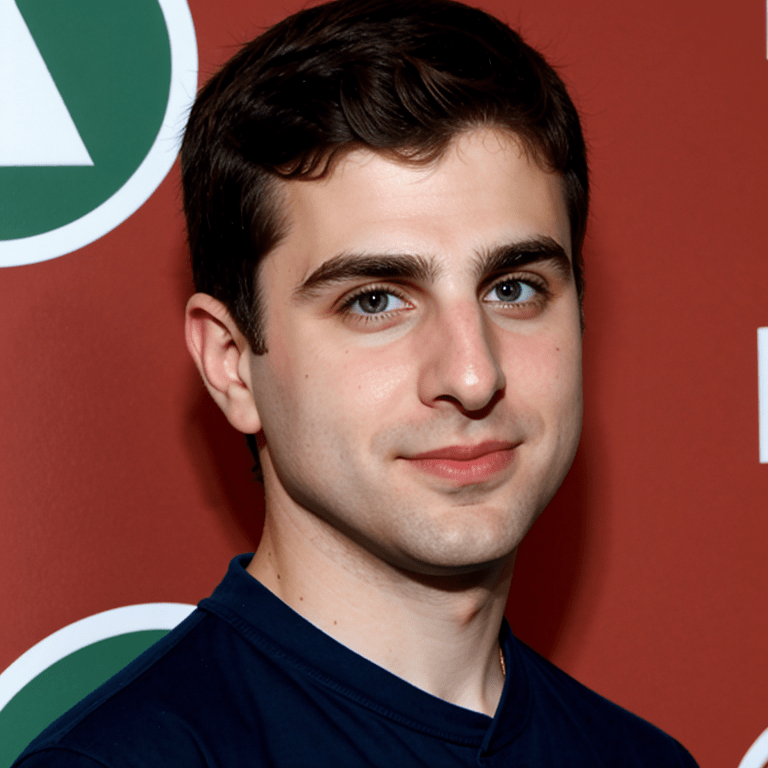
15. Daniel Ek: Ek wanted to combat music piracy while still providing a great user experience. He co-founded Spotify, changing how we listen to music today with streaming services.
His key success factor was his focus on user experience and partnerships with music labels.

16. Michael Dell: Dell wanted to sell computers directly to consumers. He founded Dell Computers, revolutionizing the PC industry.
His key success factor was his direct-to-consumer business model.
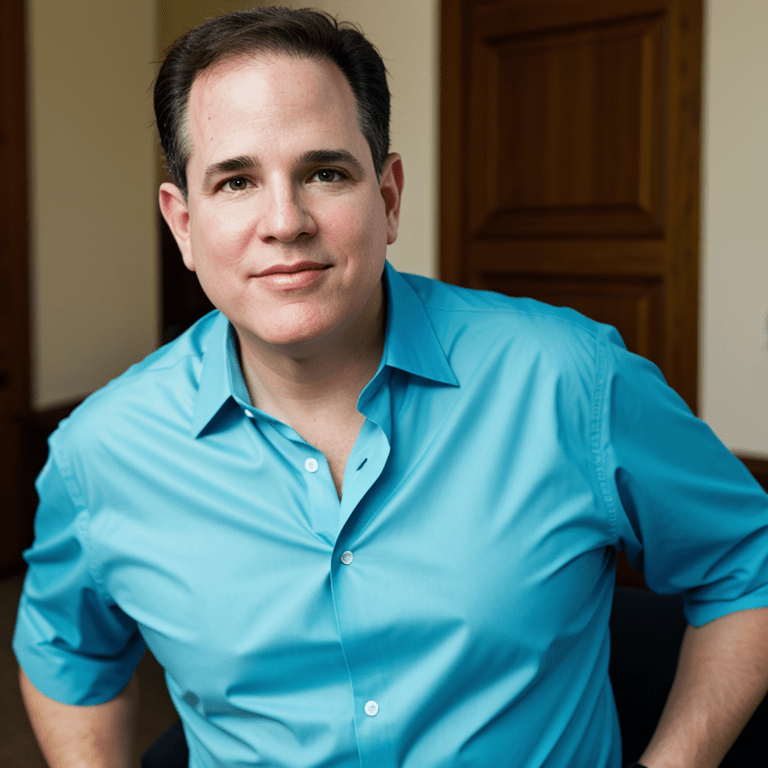
17. Ray Kroc: Kroc wanted to create a restaurant system that would ensure quality and consistency across locations. He turned McDonald’s into the world’s largest fast-food franchise.
His key success factor was his focus on systems , franchising .
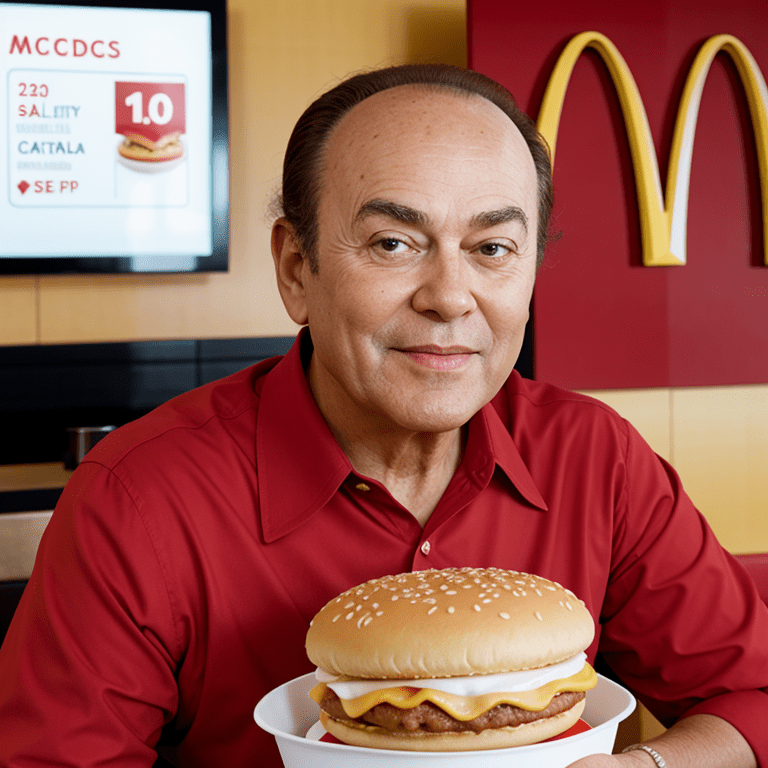
18. Walt Disney: Disney wanted to create a new form of family entertainment. He created Disneyland and transformed the entertainment industry.
His key success factor was his creativity and storytelling ability.
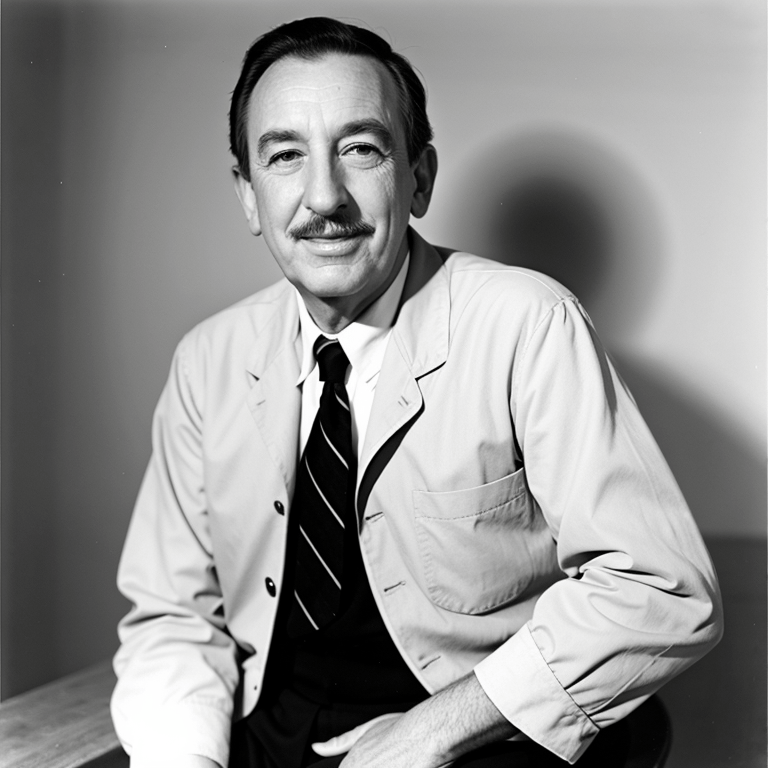
19. Sam Walton: Walton wanted to provide affordable products for people in rural areas. He founded Walmart, which is now one of the largest retailers in the world.
His key success factor was his focus on logistics and supply chain management.
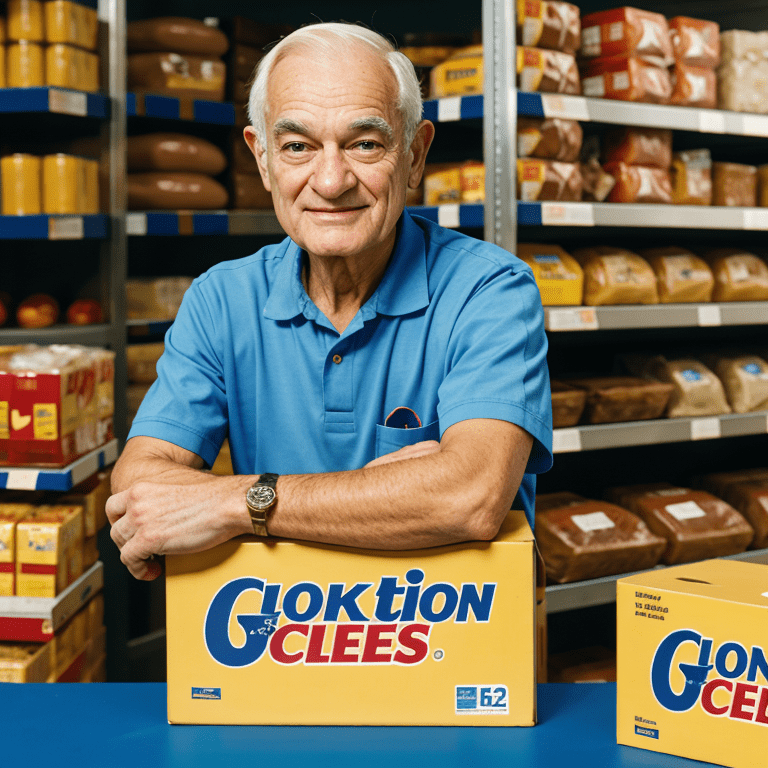
20. Henry Ford: Ford wanted to make automobiles accessible to the average person. He created the Model T and revolutionized manufacturing with the assembly line.
His key success factor was his focus on efficiency and mass production.
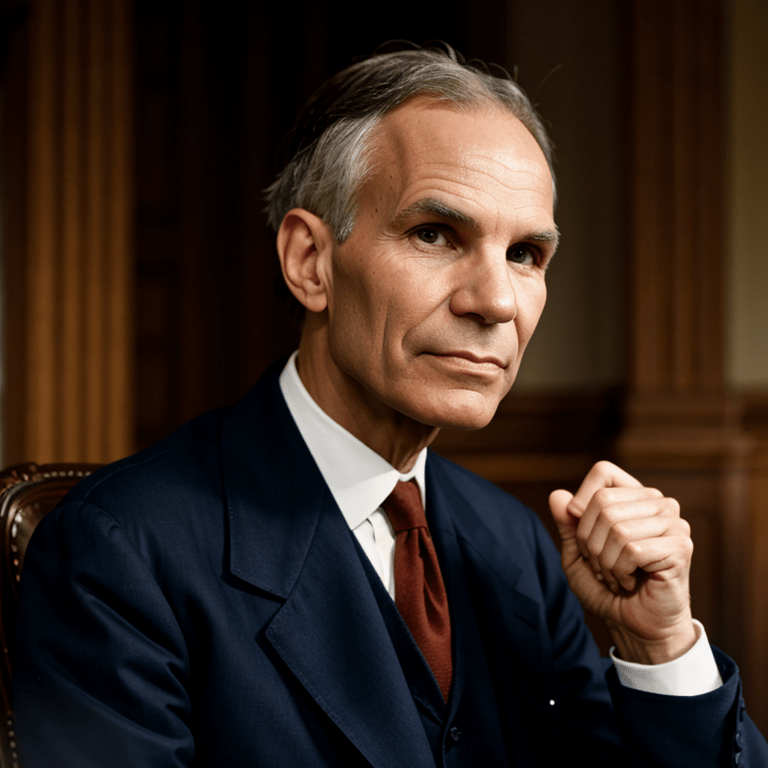
In conclusion, these entrepreneurs all identified a problem or opportunity, had a clear vision of how to solve it, and were relentless in their pursuit of that vision. Their stories remind us that success often comes from thinking differently, being customer-focused, and being willing to take risks.
